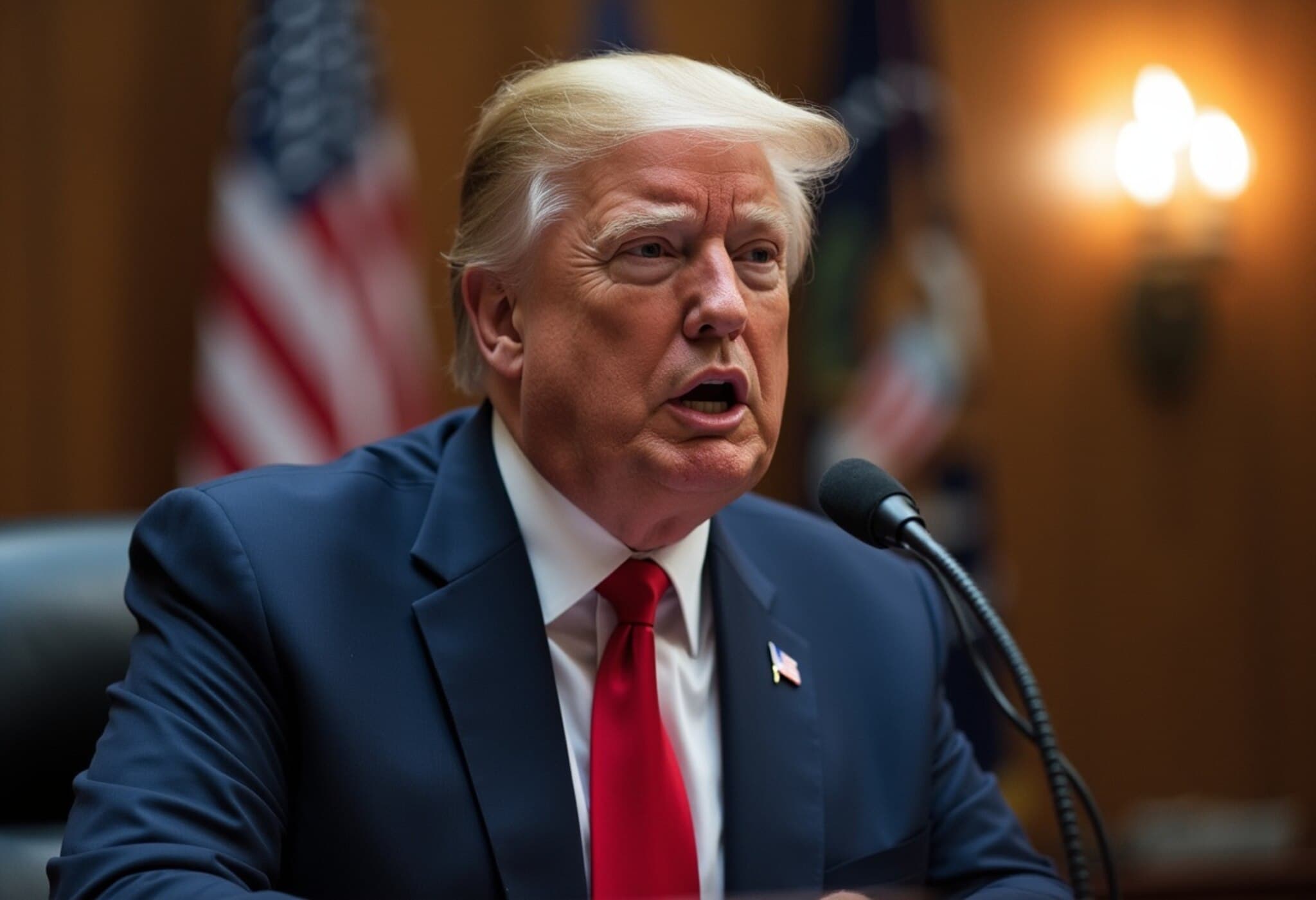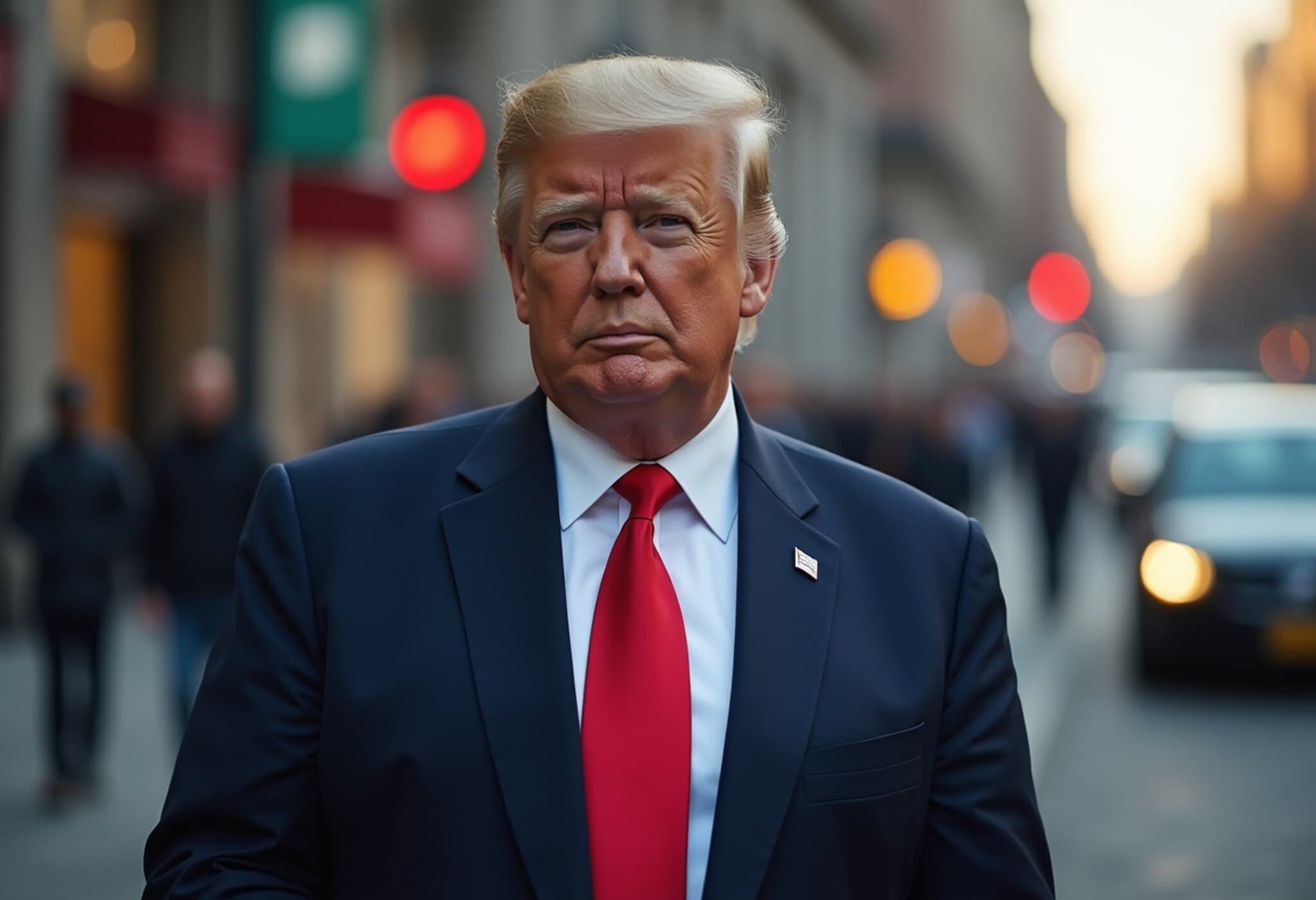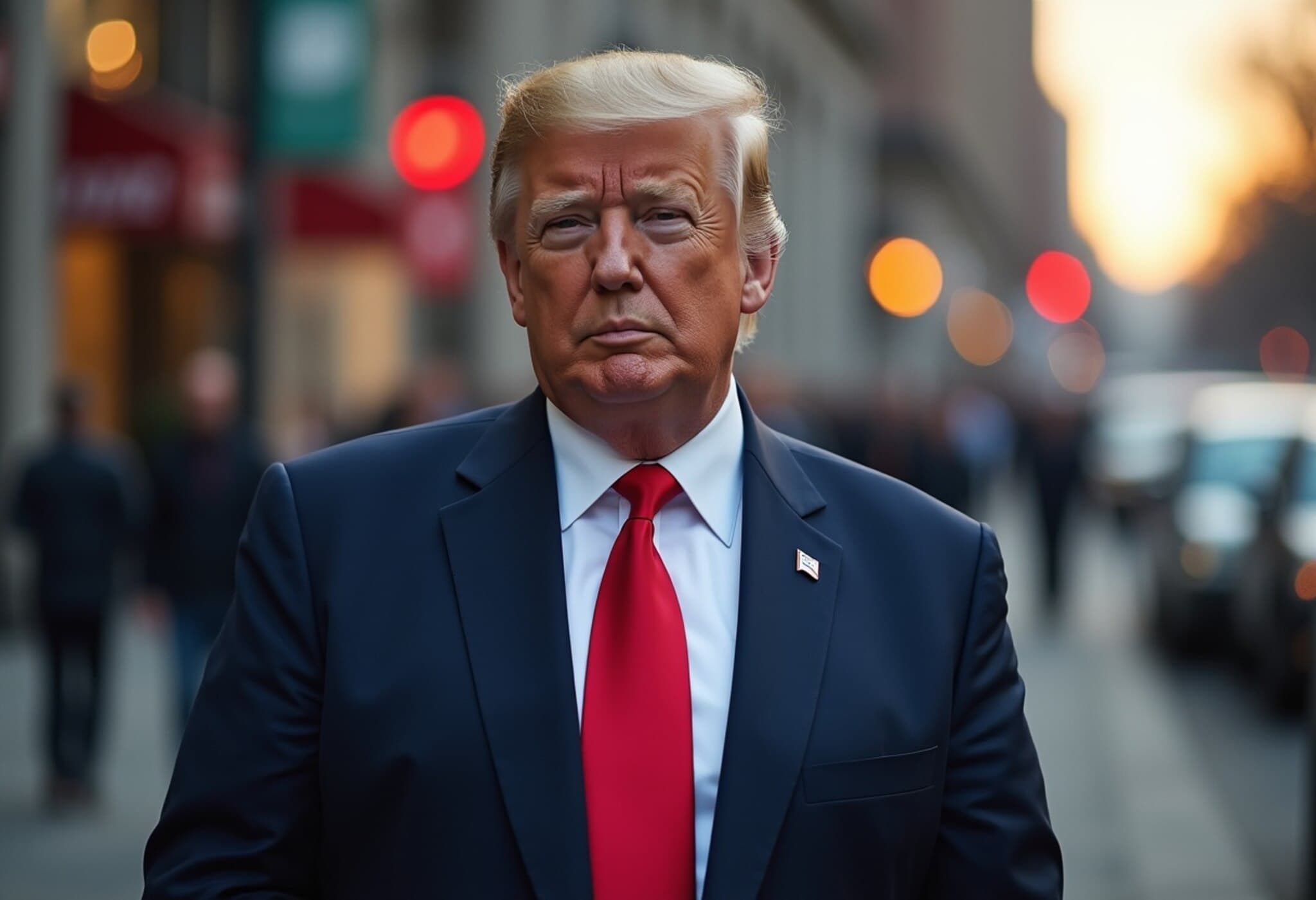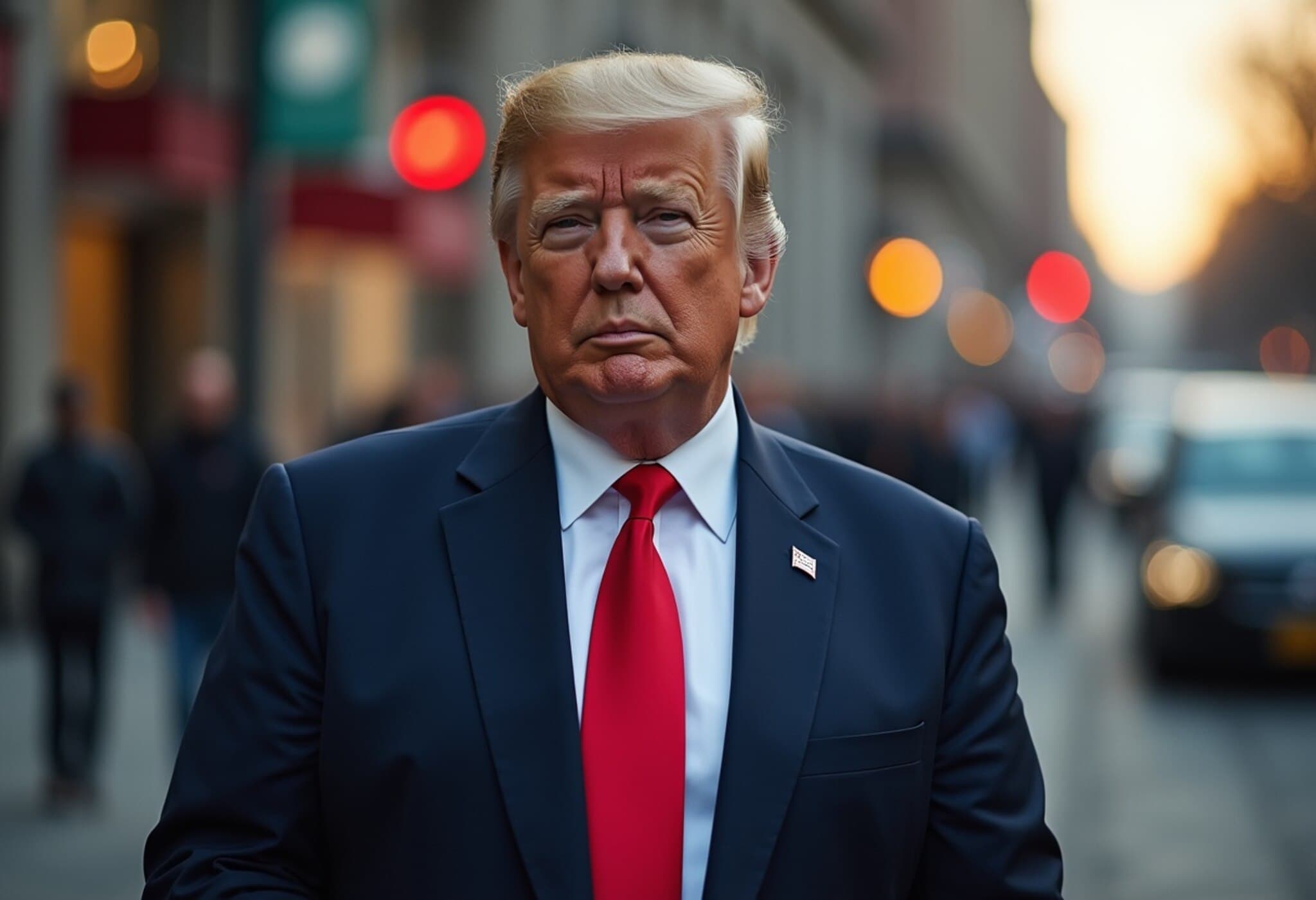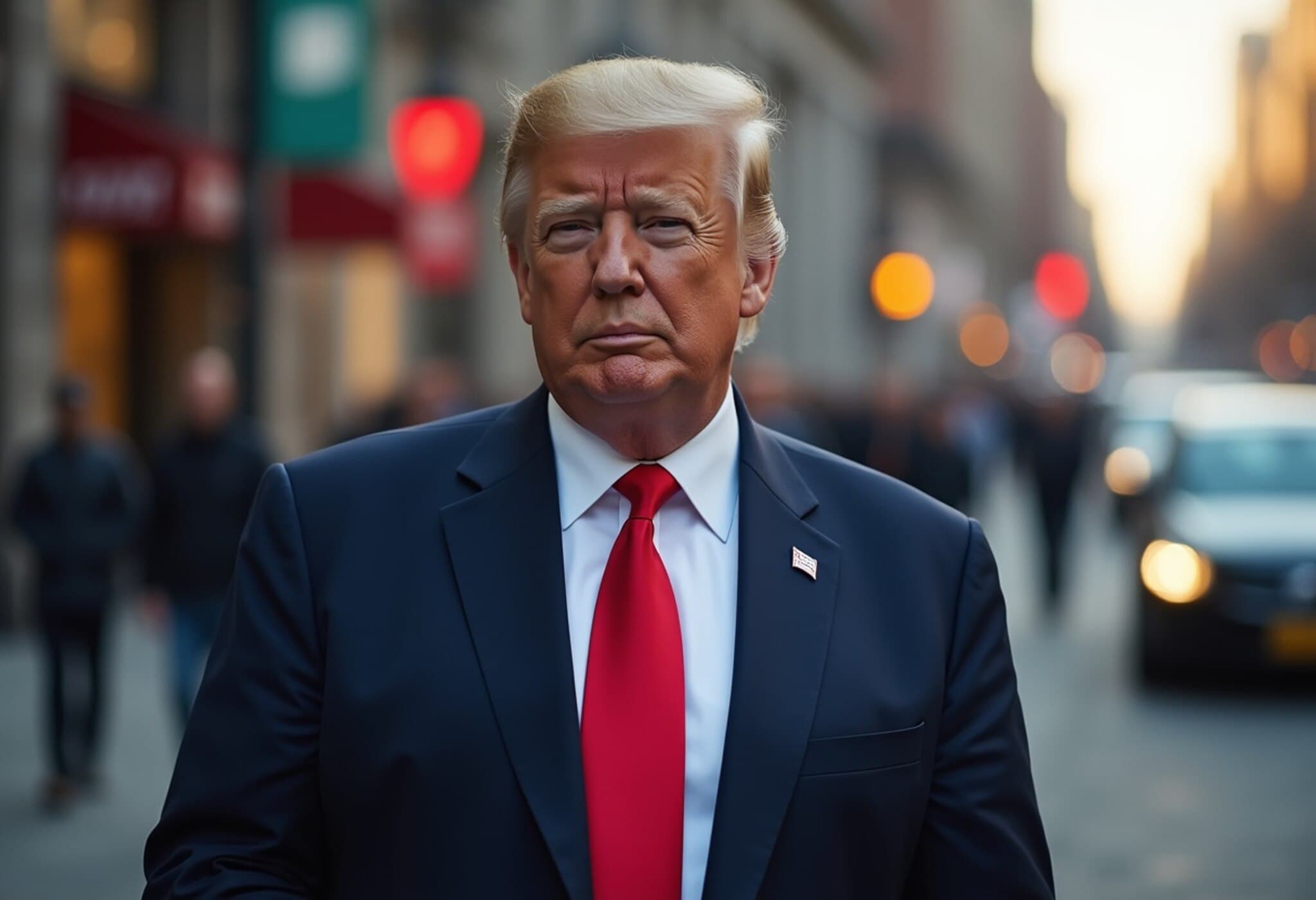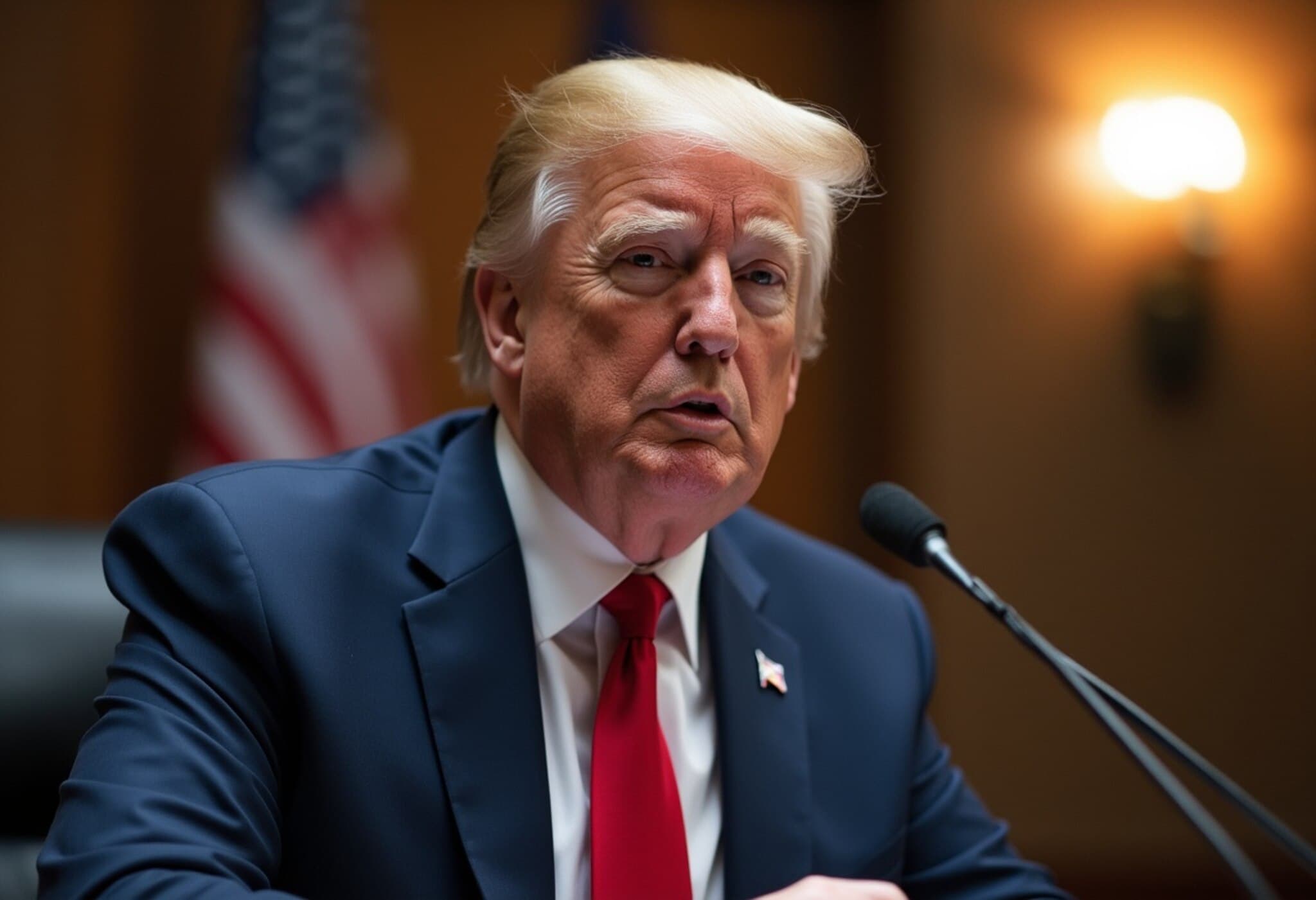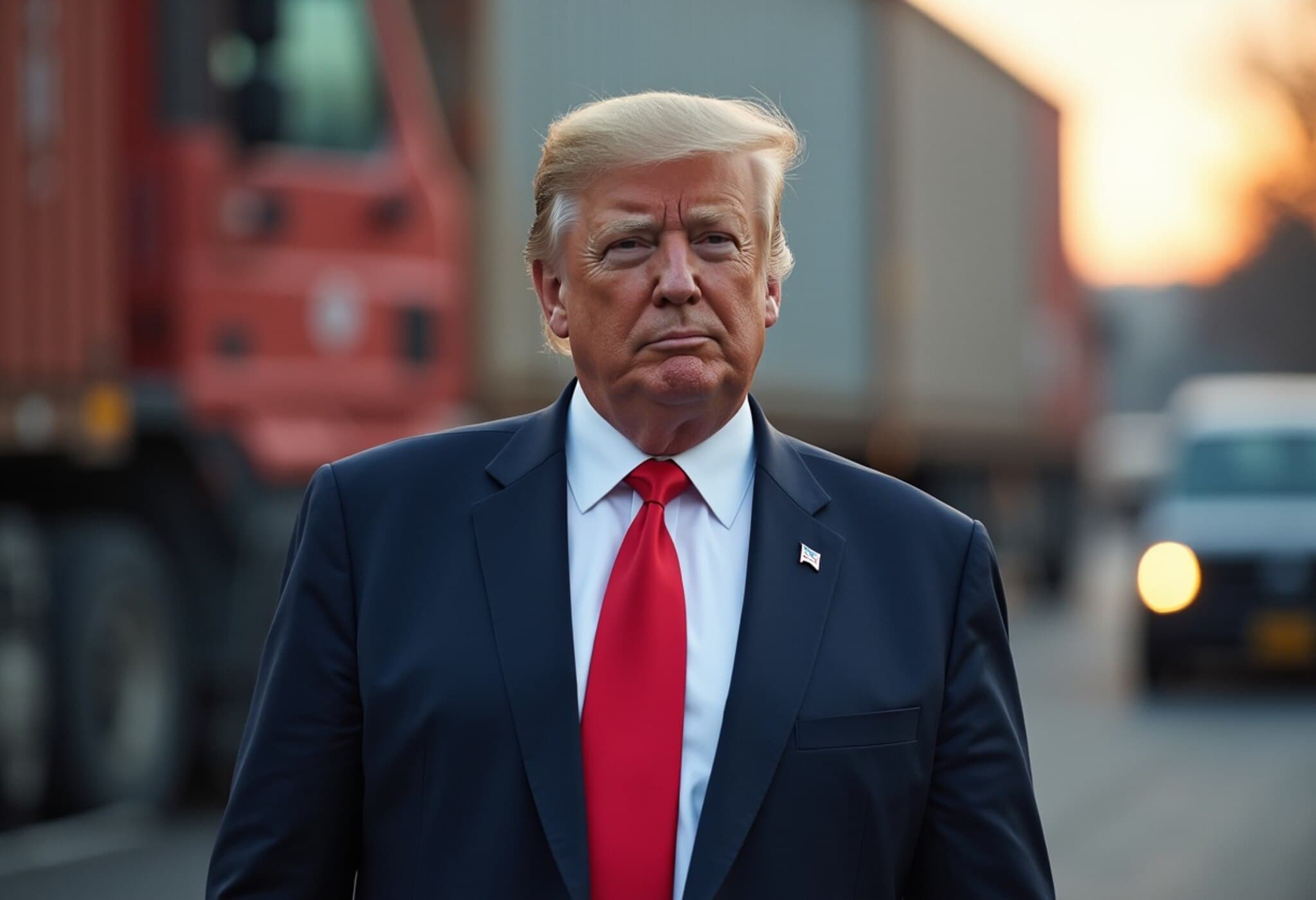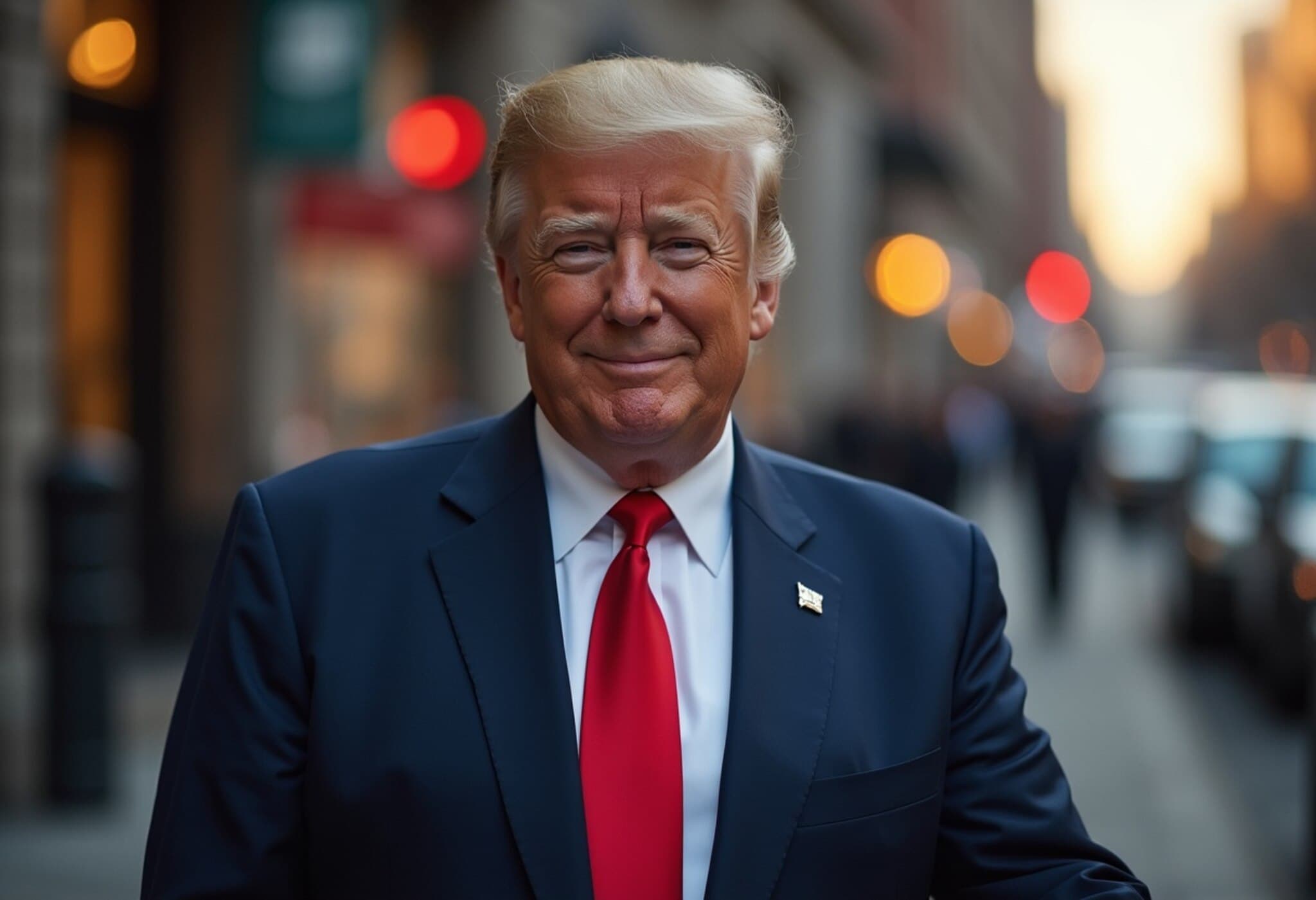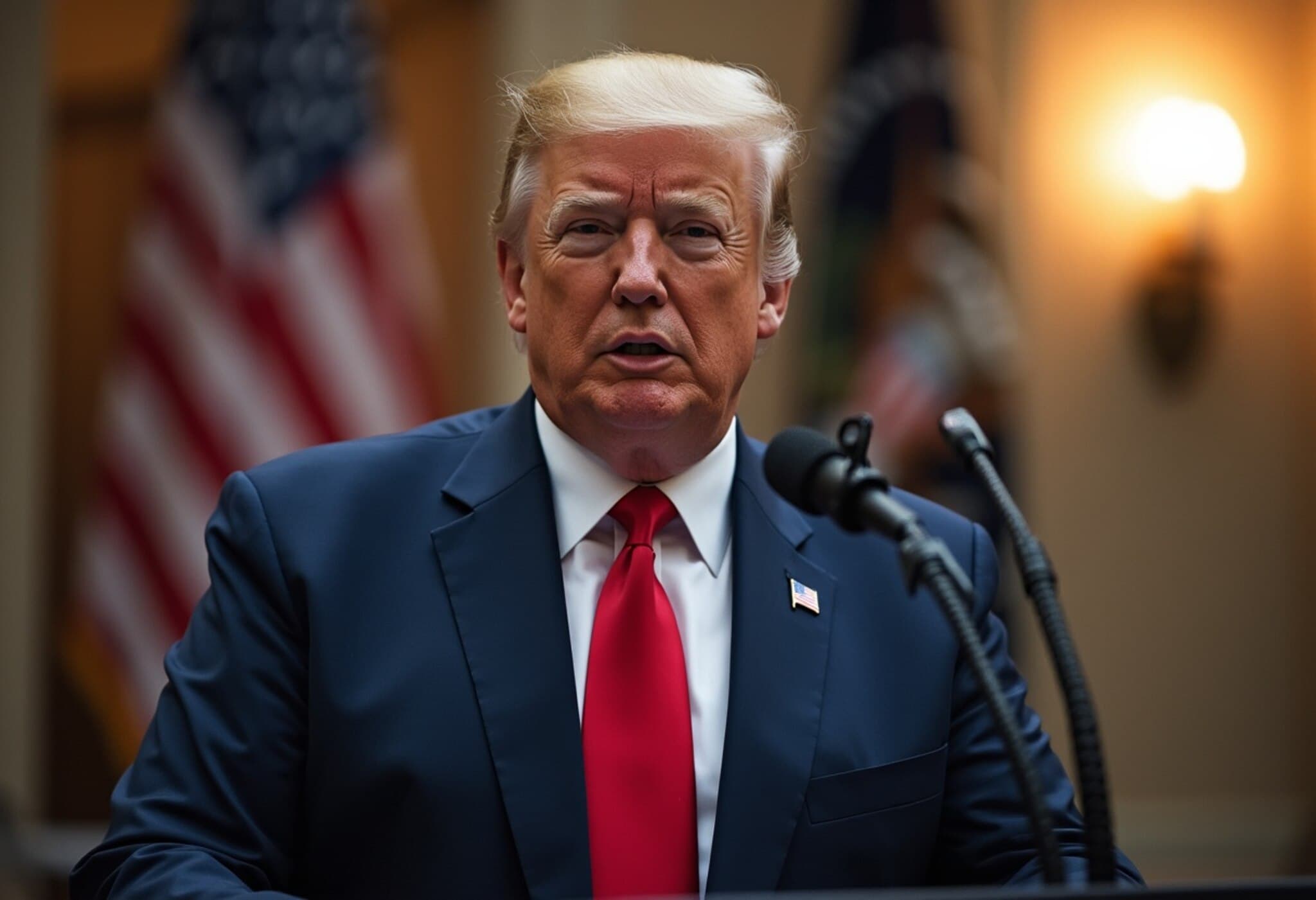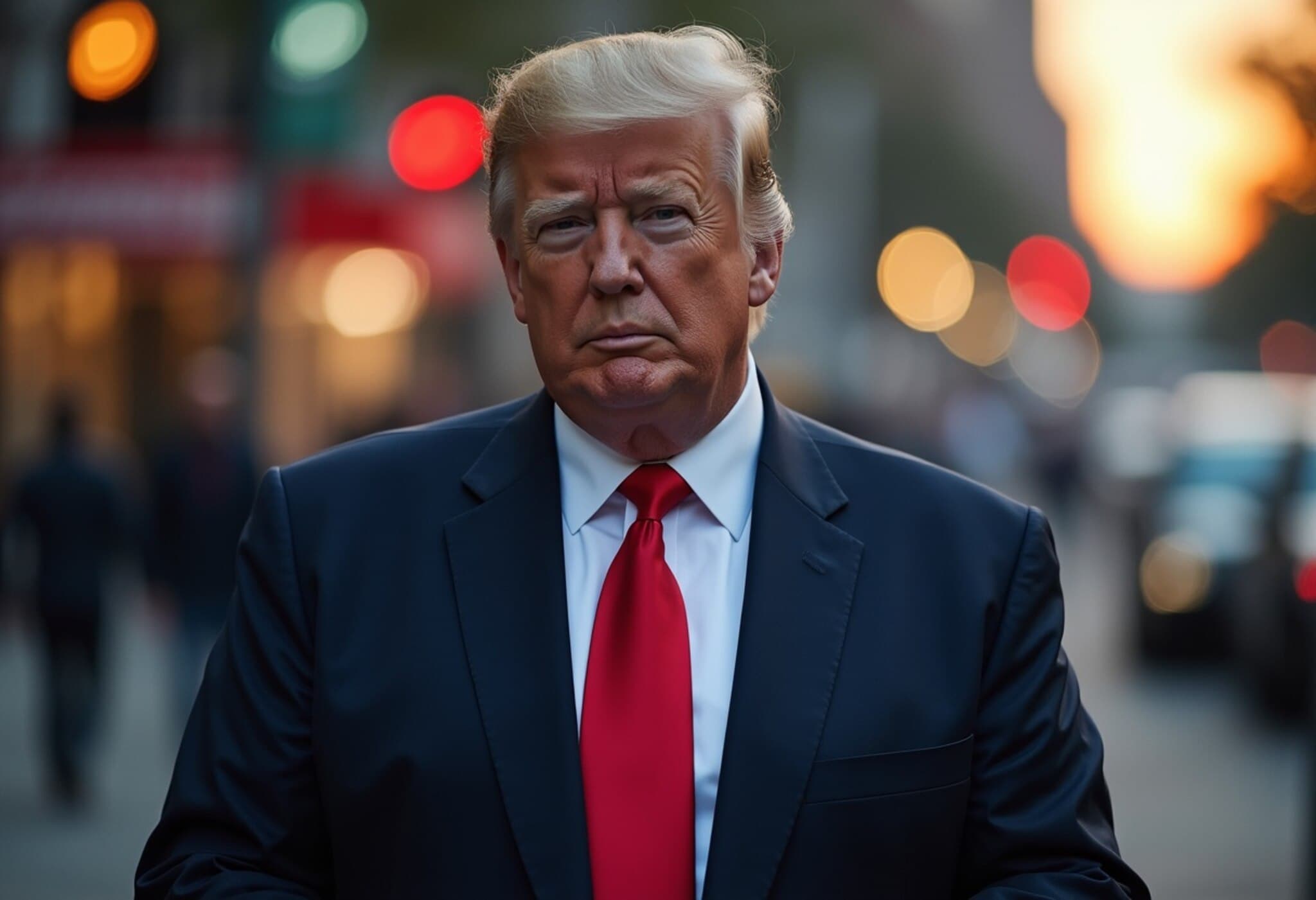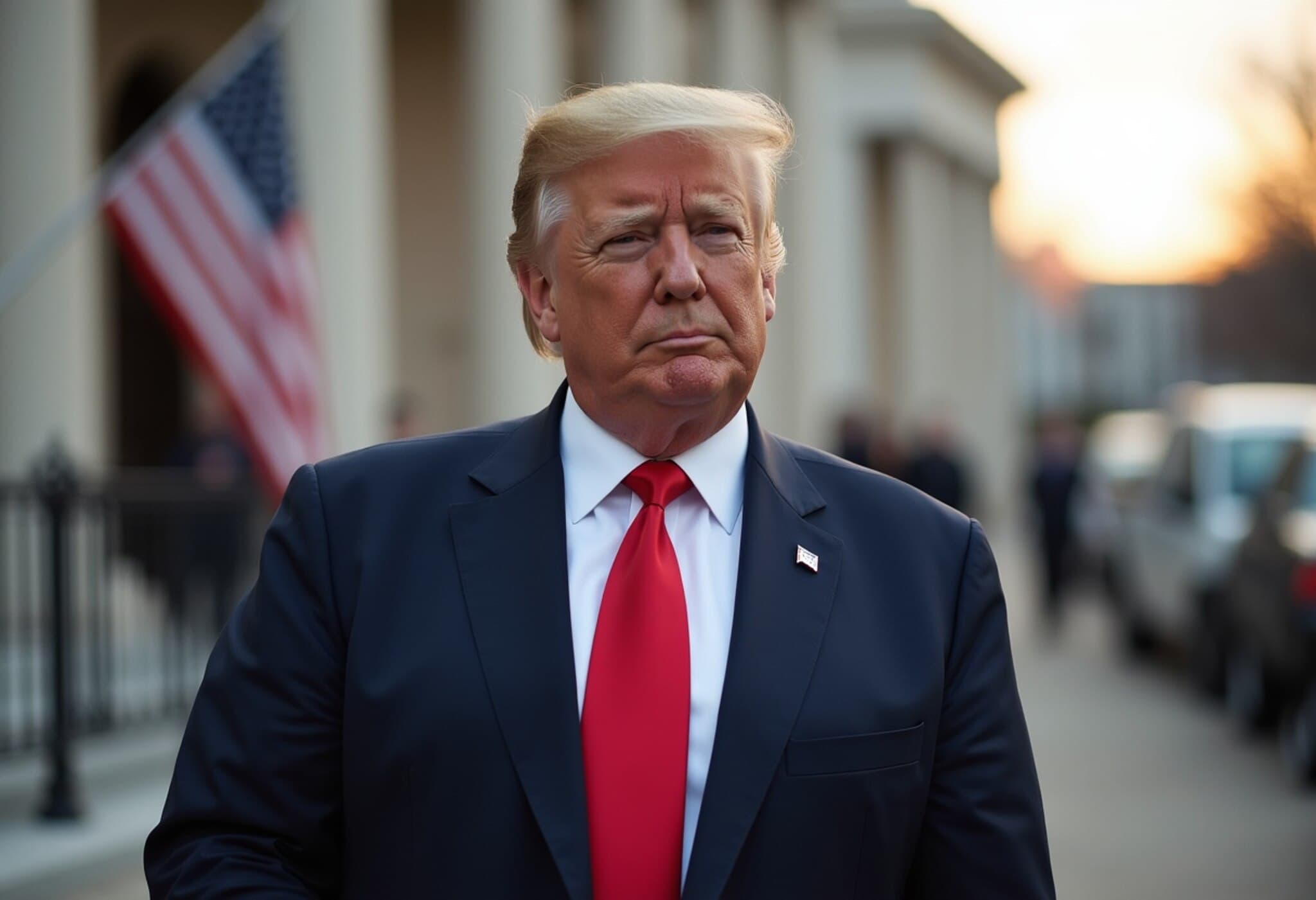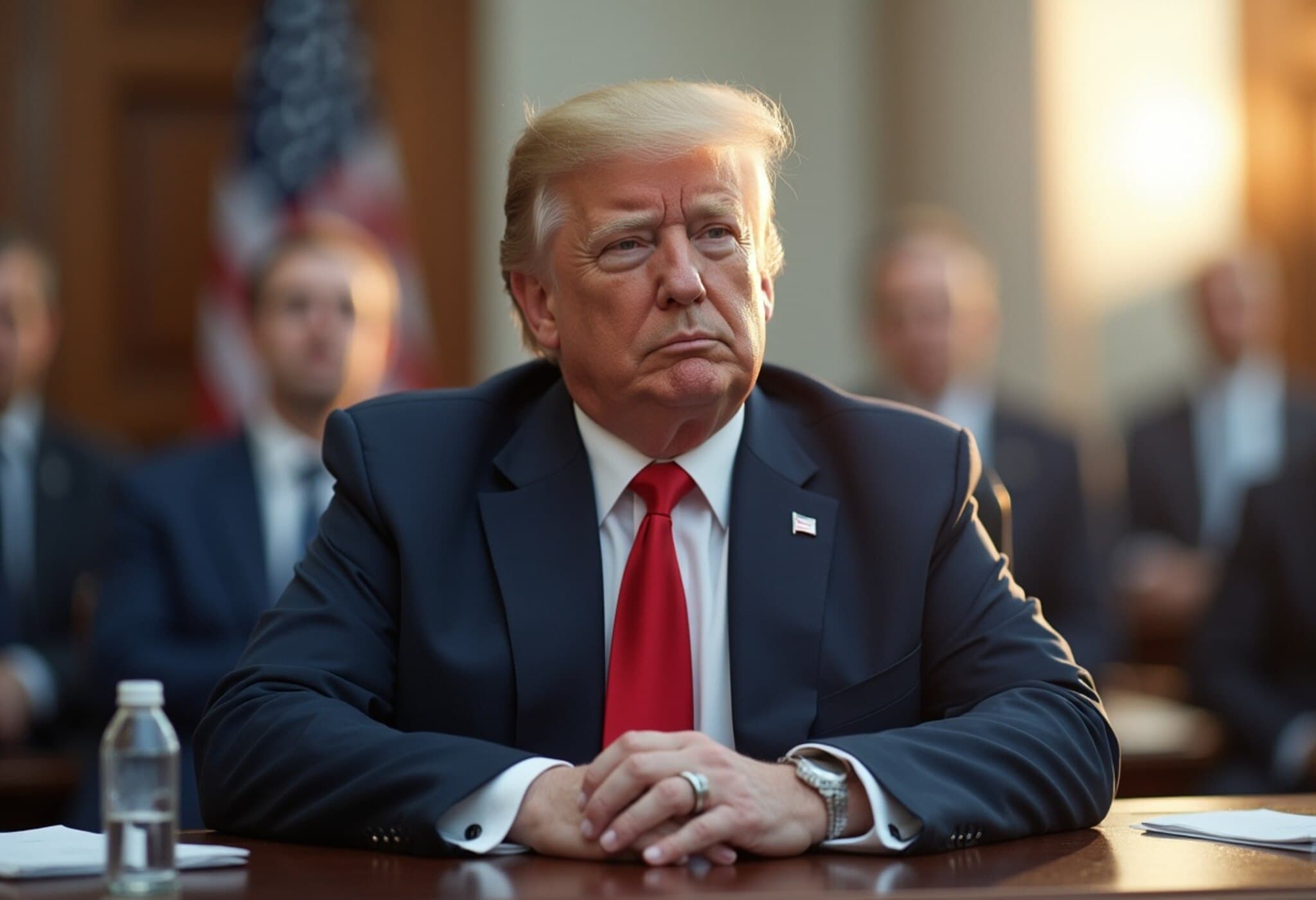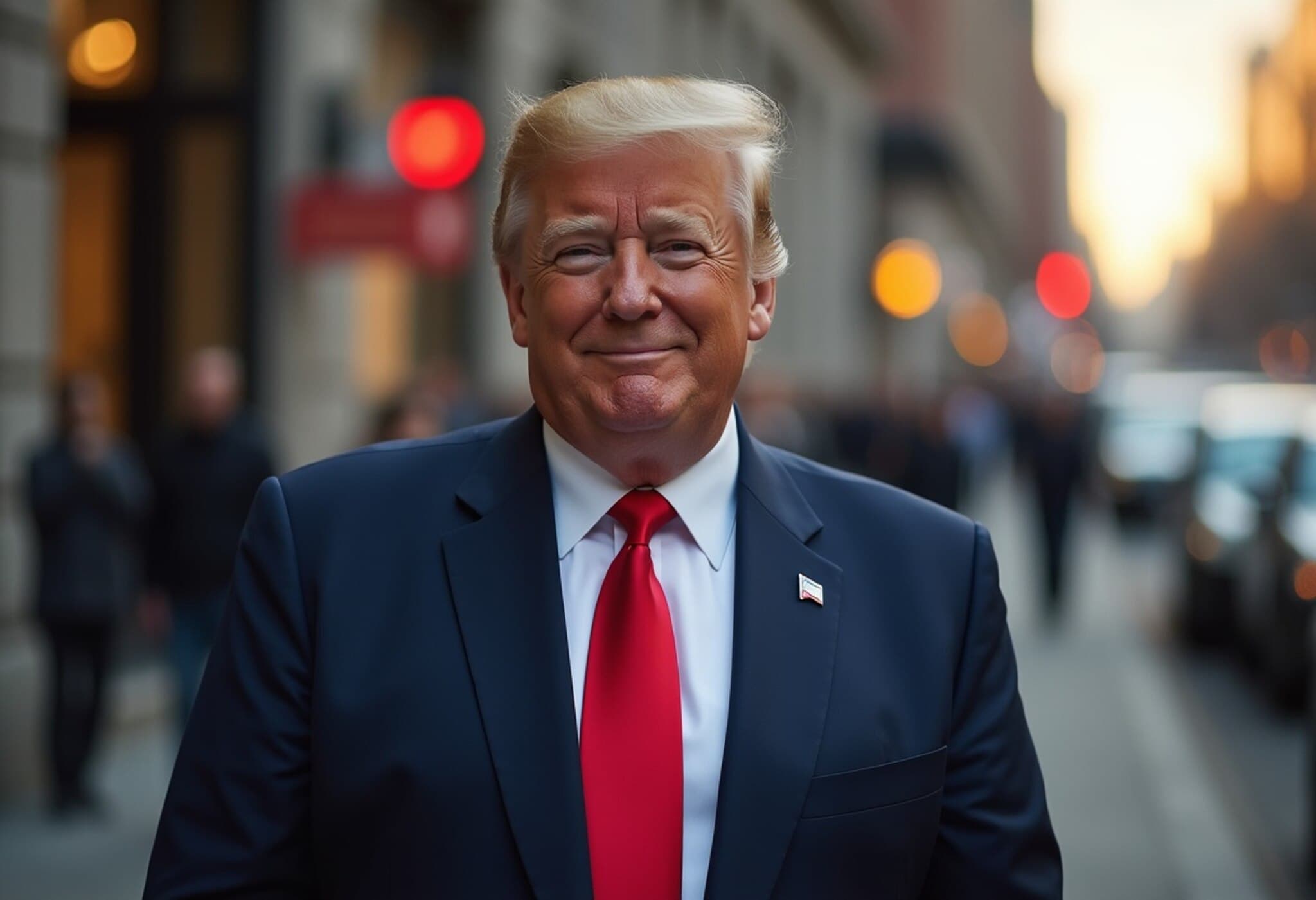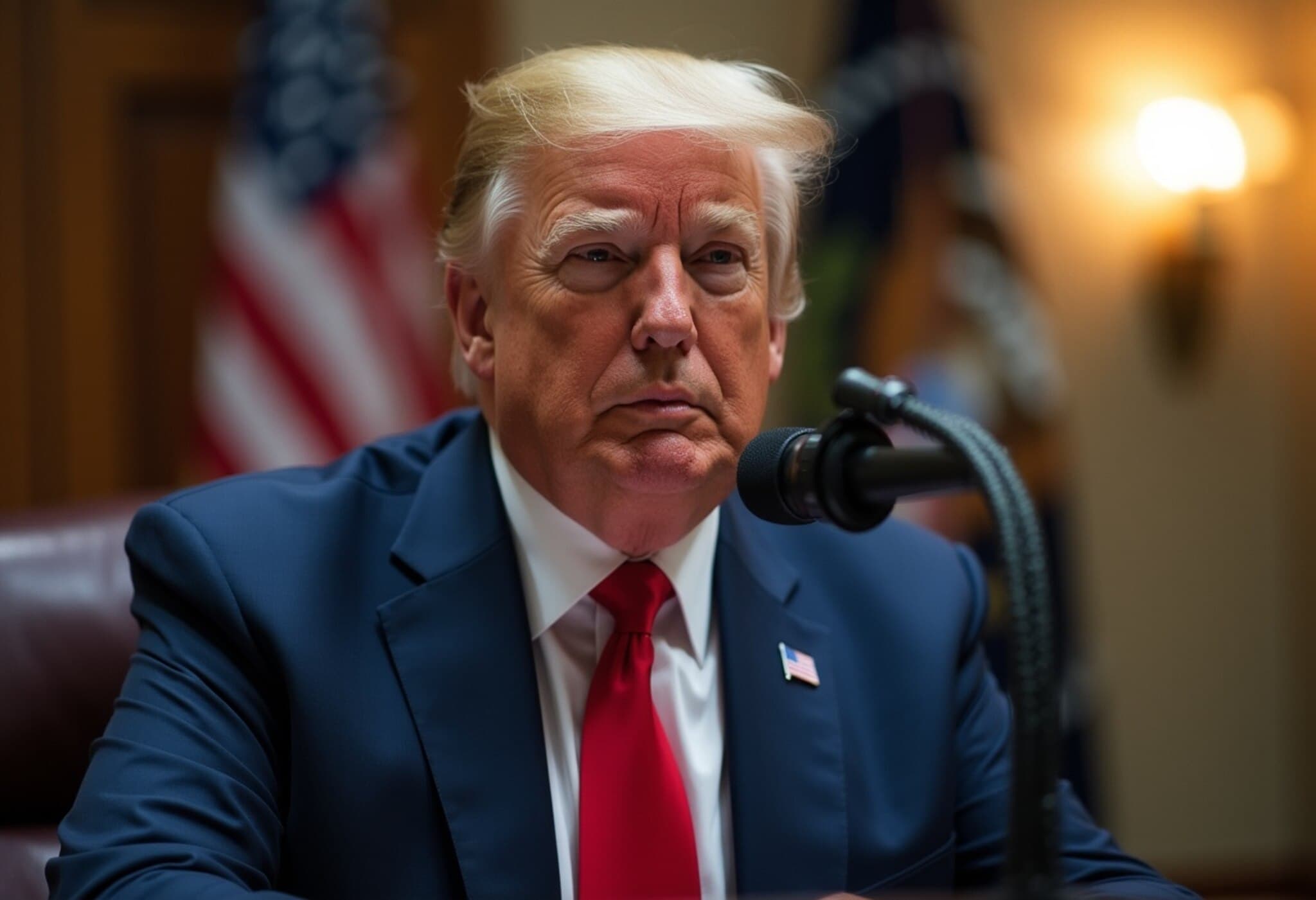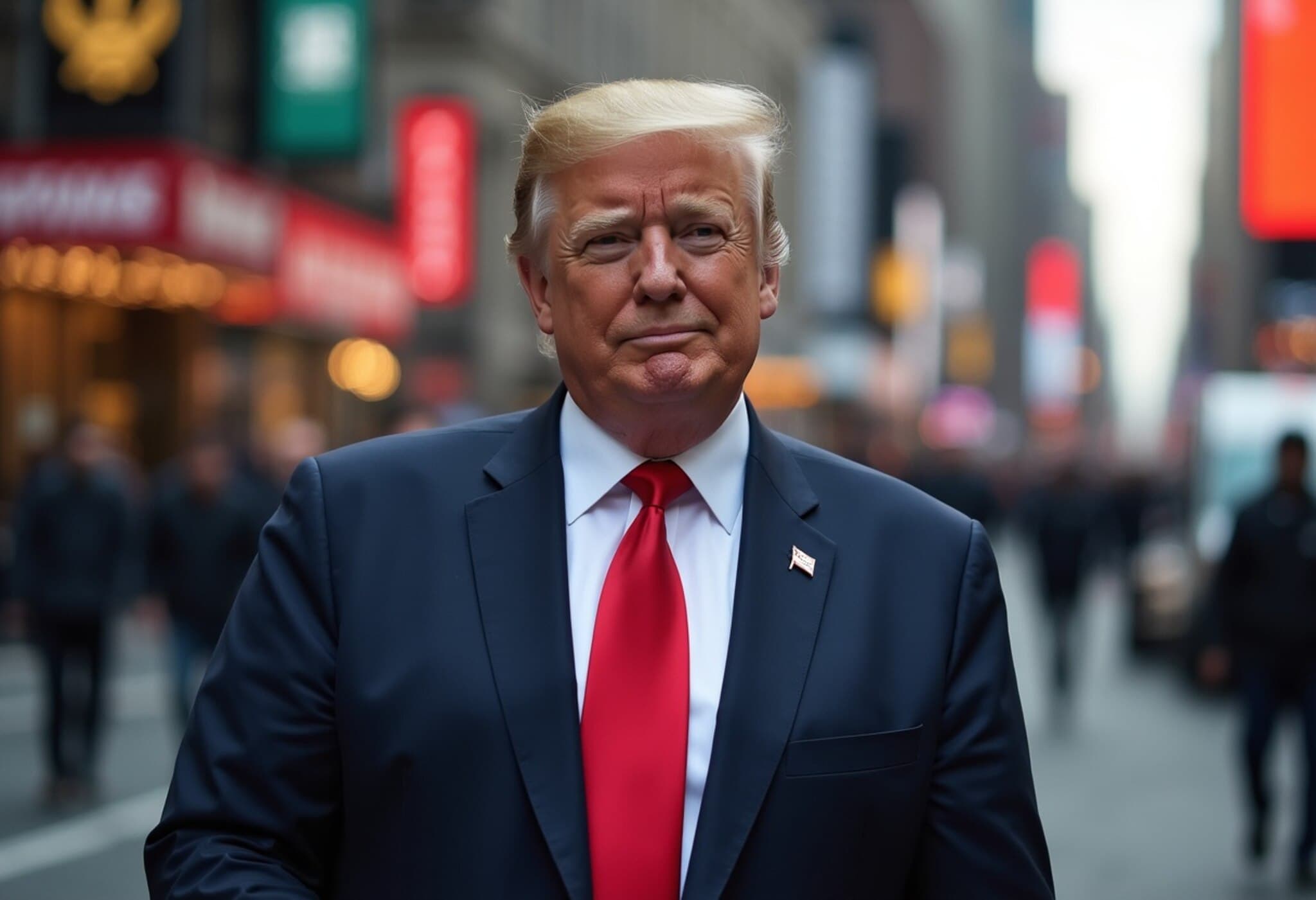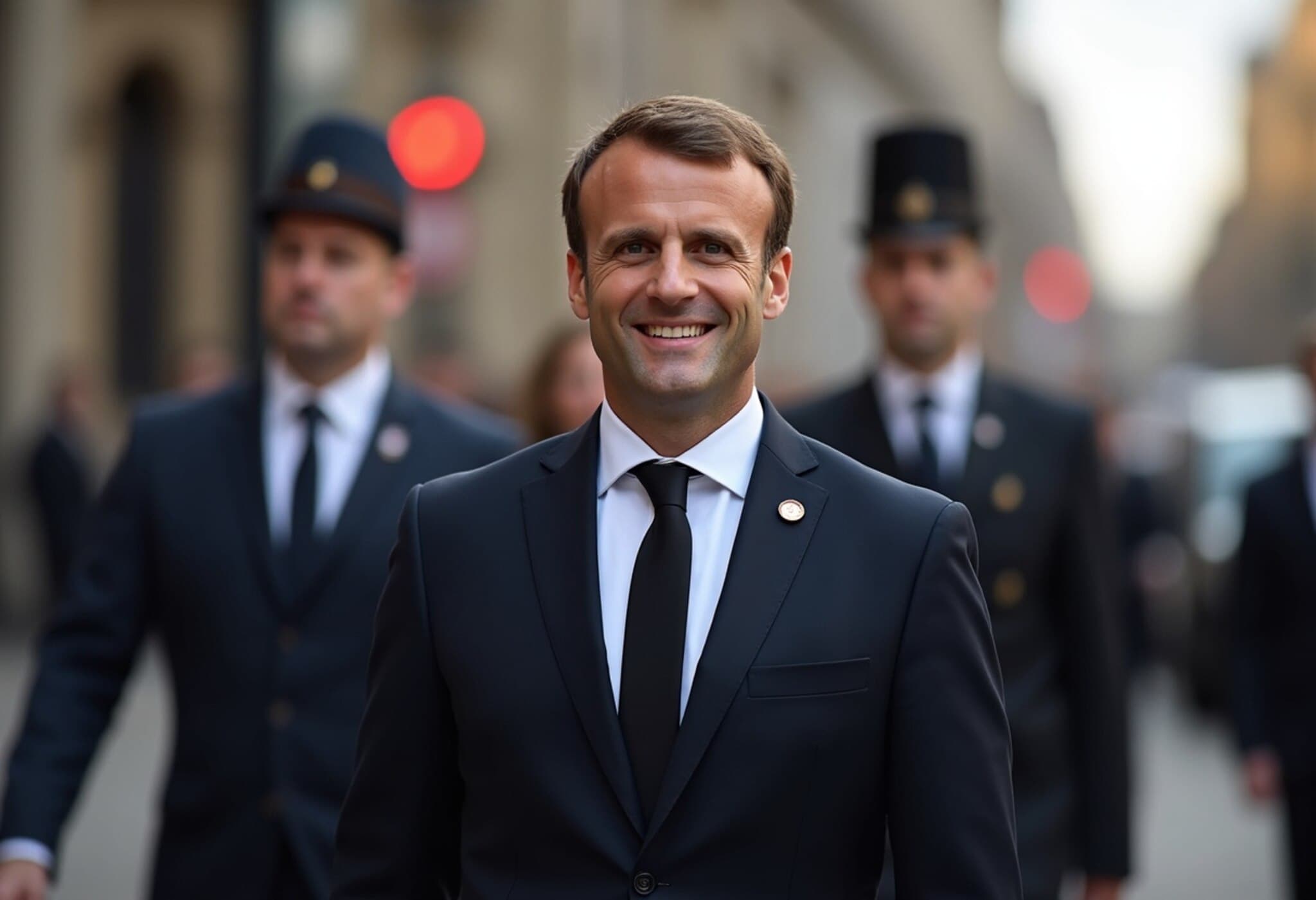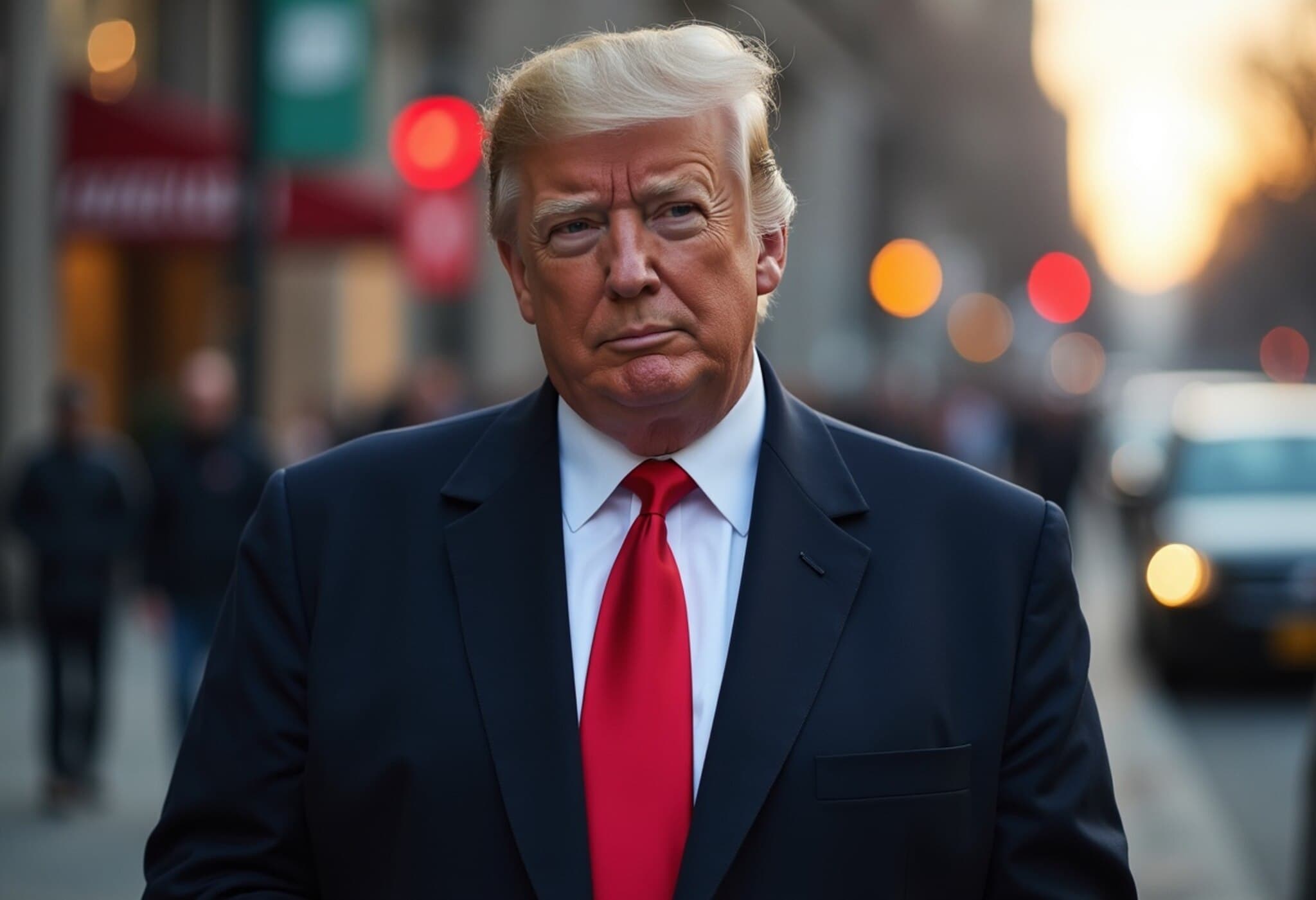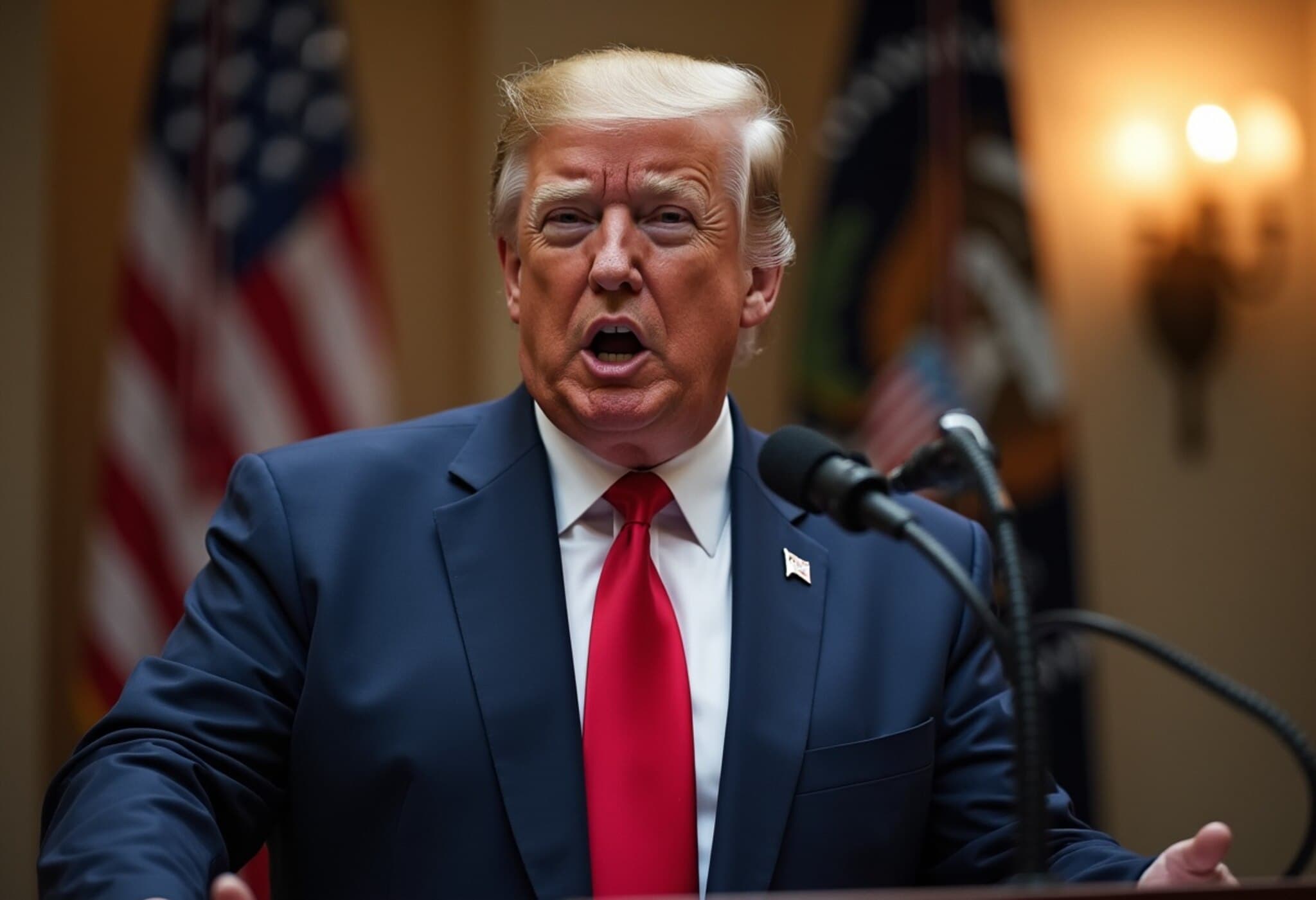Appeals Court Reviews Trump’s Authority Over Global Tariffs
In a pivotal legal battle with far-reaching implications, a federal appeals court is currently weighing in on whether former President Donald Trump overstepped his constitutional bounds by imposing sweeping global tariffs through emergency powers. The case, V.O.S. Selections v. Trump, has become a decisive moment for Trump’s trade agenda, with supporters viewing it as a make-or-break situation and opponents warning that it threatens the constitutional balance of power.
The Core of the Dispute: Presidential Tariff Authority
At the heart of the case lies the question of whether the president can unilaterally enact broad tariff policies using the International Emergency Economic Powers Act (IEEPA). Trump’s administration invoked this law to implement a nearly global 10% baseline tariff, escalating tariffs further on selected countries. While the measure was announced in early April 2025, it triggered significant market disruptions, leading to delayed implementation of some higher rates. Many tariffs are slated to be reinstated imminently, intensifying the stakes of the court’s decisions.
Trump’s Defense and Public Statements
President Trump has framed this lawsuit as a critical defense of national sovereignty. In a message shared on his platform Truth Social, he emphasized the necessity of tariffs as a survival tool for the U.S., stating, “If our Country was not able to protect itself by using TARIFFS AGAINST TARIFFS, WE WOULD BE ‘DEAD,’ WITH NO CHANCE OF SURVIVAL OR SUCCESS.” This rhetoric underscores his broader narrative of protecting American industries and workers against unfair foreign trade practices.
Opposition Highlights Constitutional Concerns
Legal experts challenging Trump’s tariff regime caution that his actions ignored constitutional checks and balances. Neal Katyal, a distinguished legal advocate appearing against the administration, reminded audiences on MSNBC’s Morning Joe that tariff-setting power has long rested exclusively with Congress. He referenced historical milestones such as the Boston Tea Party to stress that unilateral executive tariffs are unprecedented in 200 years, posing serious constitutional questions about separation of powers.
Legal Proceedings and Implications
- The U.S. Court of International Trade previously invalidated both Trump’s reciprocal tariffs and additional ones related to trade "trafficking" in May 2025.
- However, the Federal Circuit Court swiftly stayed that ruling, allowing tariffs to remain in effect during ongoing litigation.
- The outcome in V.O.S. Selections v. Trump could set a precedent influencing multiple other active lawsuits contesting tariffs imposed by the former administration.
Attorney General Pam Bondi affirmed the government’s commitment, stating on social media: “We will continue to defend President Trump’s executive authority in courtrooms across the country.”
Expert Insight: A Constitutional Tug-of-War With Economic Ramifications
Beyond legal technicalities, this case raises profound questions about the balance between national security, trade policy, and constitutional governance. For decades, tariffs have been a legislative prerogative, reflecting Congress’s role in shaping U.S. trade relations. Emergency powers, while designed for swift responses in crises, have not traditionally extended to comprehensive tariff policy.
The economic stakes are equally significant. Tariffs affect supply chains, consumer prices, and international relations. Market volatility following Trump’s tariff announcements highlights how trade policy uncertainty can ripple globally, impacting businesses and households alike.
What Lies Ahead?
The Federal Circuit’s ruling will not only influence the fate of Trump’s tariff scheme but may also redefine executive power boundaries in economic policymaking. This has ramifications for future administrations navigating complex global trade landscapes and emergency declarations.
As the case develops, stakeholders from lawmakers to industry leaders will be watching closely, recognizing that the court’s interpretation could either reaffirm congressional supremacy in trade or open the door for broader executive economic authority.
Editor’s Note
This case punctuates ongoing debates around executive authority, trade policy, and constitutional limits. It invites readers and policymakers alike to consider what balance best protects both national interests and democratic principles. Beyond the headlines, it reminds us that trade policy is not merely an economic tool but a constitutional question with deep historical roots and real-world consequences.

